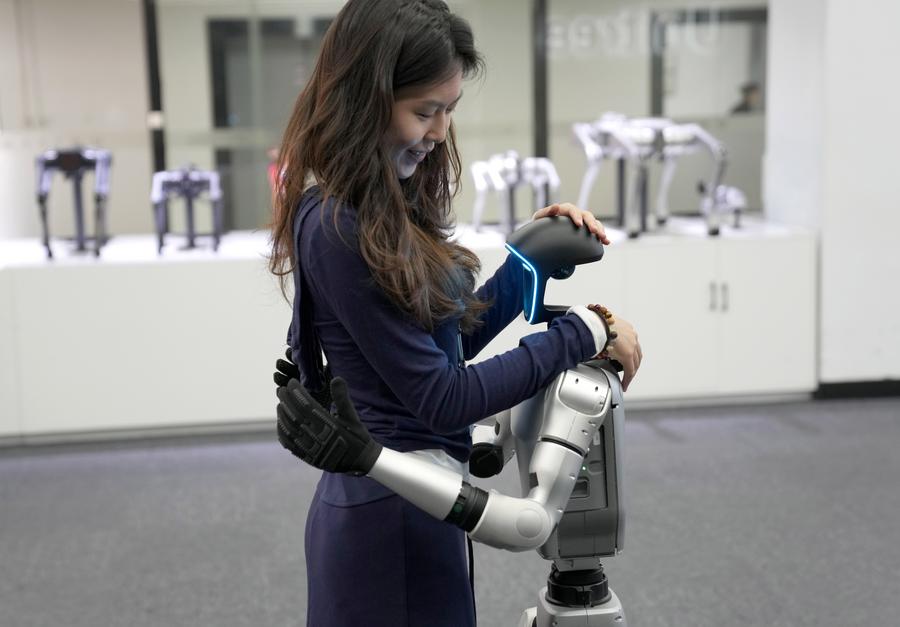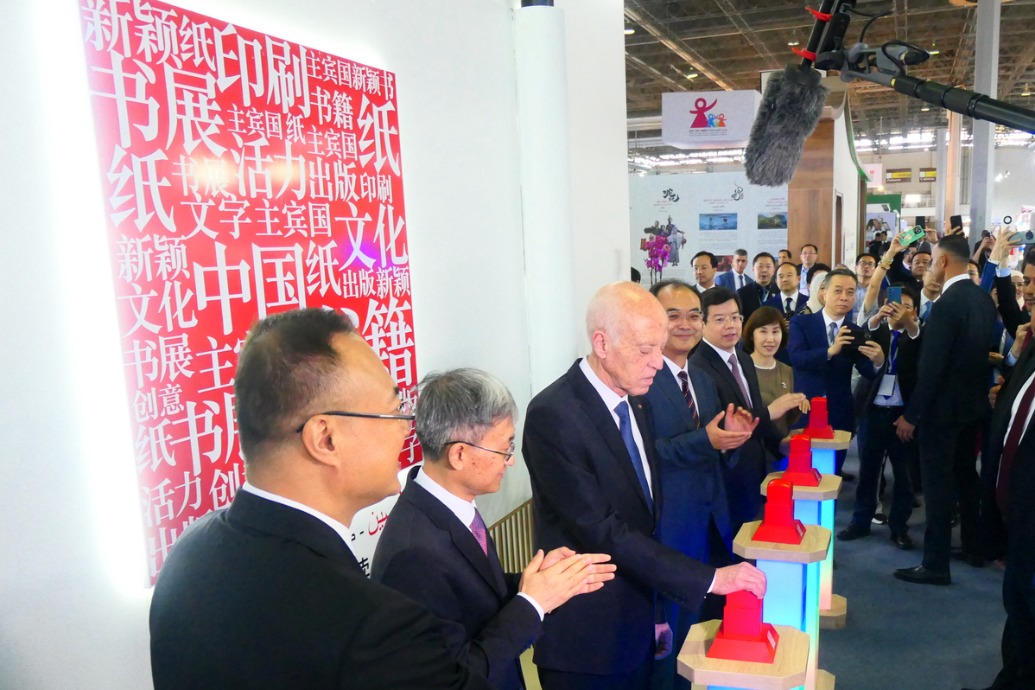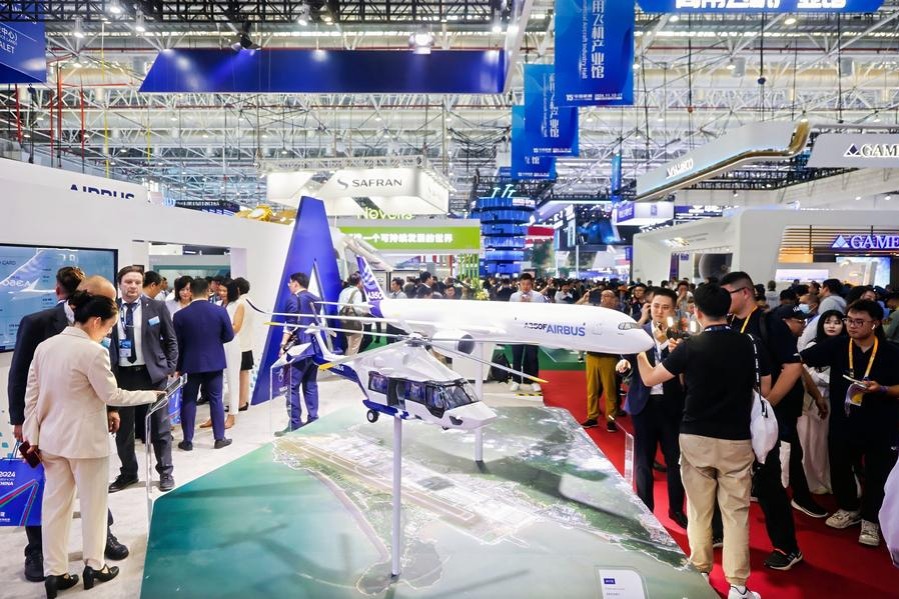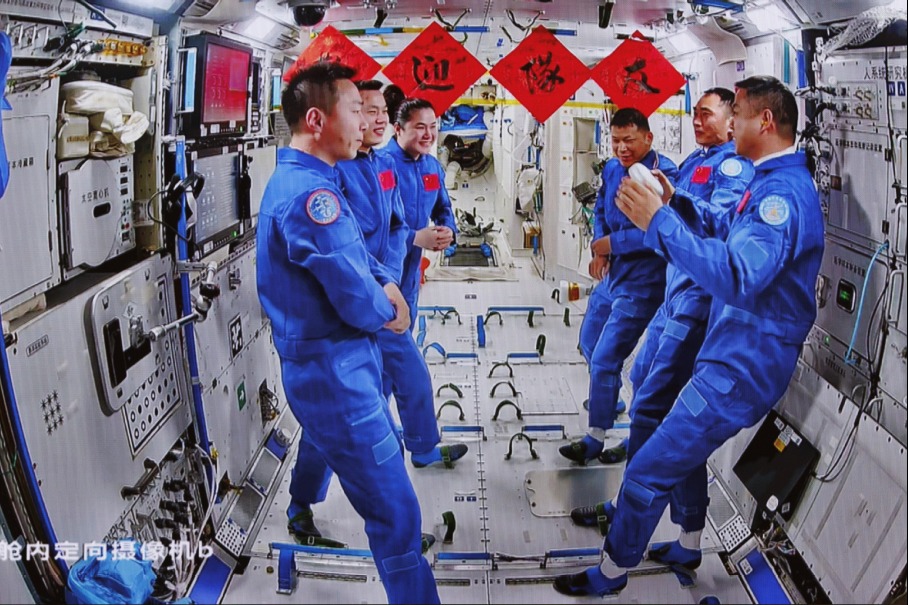Innovation, self-reliance become hallmarks of China's tech startups


The appeal of this industrial cluster is becoming stronger. Unitree Robotics, a technology company that is based in East China's Hangzhou and rose to fame after its humanoid robots staged an arresting performance on China's 2025 "Spring Festival Gala," has chosen to establish an office in Nanshan.
"The complete industrial chain here helps shorten the period of product development, making our products highly competitive in overseas markets," Yu said.
Another advantage of seeking business opportunities in Shenzhen is its close connection with neighboring Hong Kong, indicating an abundant supply of international talent, Yu added.
Since a development plan outline for the Guangdong-Hong Kong-Macao Greater Bay Area (GBA) was issued in 2019, the interaction between Shenzhen and Hong Kong has been increasing, particularly in the sci-tech field.
The Hong Kong Science Park, a business incubator and the largest R&D base in Hong Kong, opened a Shenzhen branch in 2023. To date, more than 66 sci-tech institutes and companies from Hong Kong have settled at the new site.
"Hong Kong is cultivating its new growth driver, and a consensus to develop sci-tech and innovative industries has been reached," Fang Zhou, head of a think tank based in Hong Kong, said in an interview with Xinhua.
He said that Hong Kong can leverage its strong R&D capabilities and integrate with the GBA's downstream industries to form a more complete industrial chain.
Ma Yang, general manager of an AI company headquartered in Beijing, also spoke highly of the prospect of developing cutting-edge technologies in the GBA.
At his office in Nanshan, Ma said about one-third of the company's grassroots customers are located in Shenzhen, while Hong Kong is a perfect alternative for connecting with the world and promoting products to more countries.
"We hope that Chinese products with an excellent cost performance can be accessible across the world," Yu said.
























